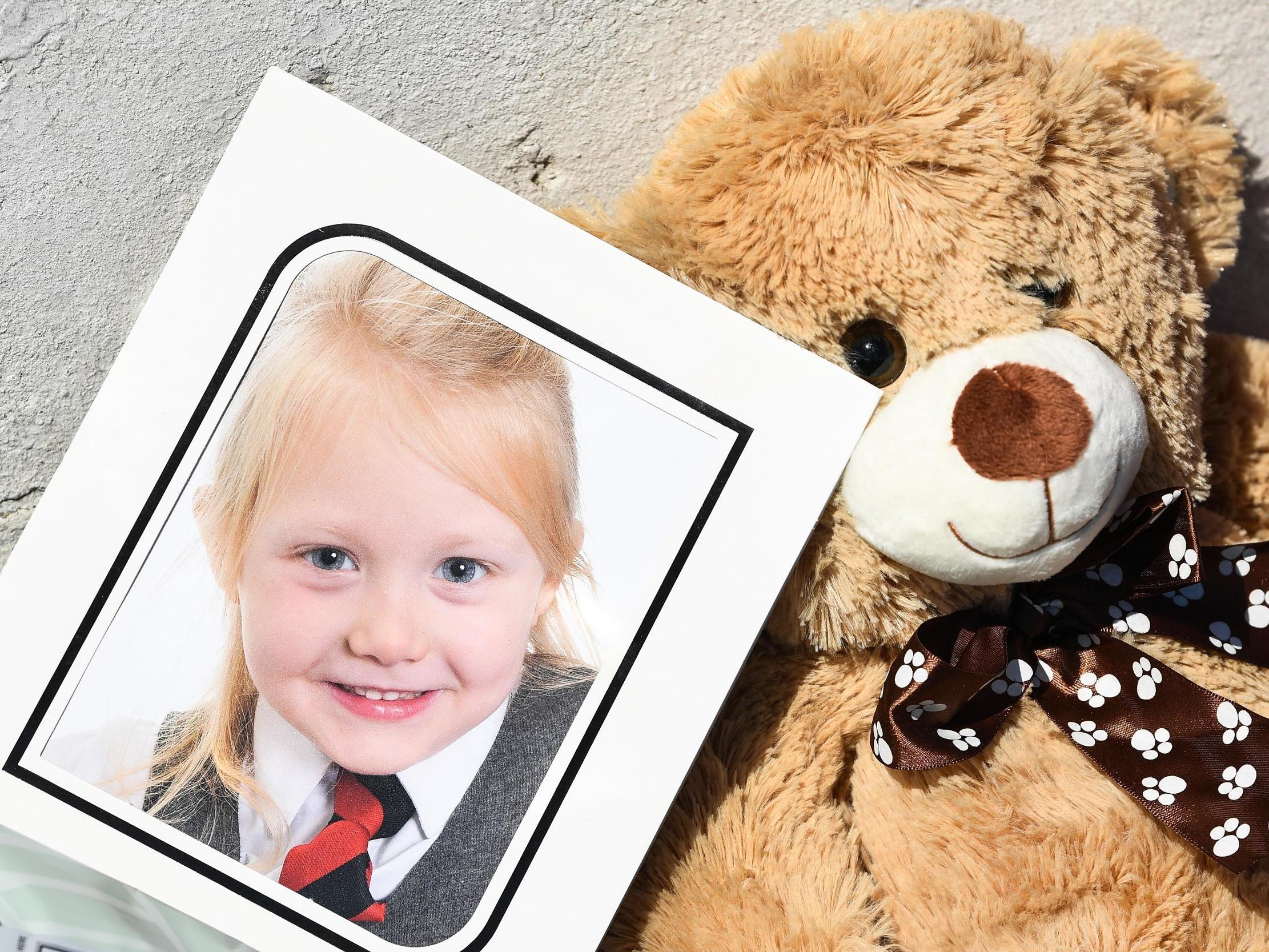Calls to screen children for psychopathic traits must caution against stigmatising mental health
Attempts to identify psychopathy in children are laudable but the public’s often simplistic attitude to serious mental health conditions could undermine good intentions

The murder of Alesha MacPhail at the hands of 16-year-old Aaron Campbell rightly sparked grief, revulsion and a search for answers as to why it happened and how it could be prevented.
Campbell was sentenced last month to a minimum of 27 years after he abducted the six-year-old from her grandparents’ home on the Isle of Bute on 2 July 2018, then raped and murdered her.
Described during sentencing as a “cold, callous, calculating, remorseless and dangerous individual”, a psychological assessment said his “matter of fact” recollection of the murder was notable for its total lack of emotion.
For Alesha’s family, who were left asking why their daughter had been so brutally victimised, the only insight the trial offered was that Campbell exhibited traits related to psychopathy and that he had seen a “moment of opportunity and taken it”.
On Tuesday, one of the psychologists who assessed Campbell for the trial argued that children as young as four should be screened opportunistically for “psychopathic traits” to prevent another case like Alesha’s killing.

Dr John Marshall, head of forensic clinical psychology at the State NHS Hospital in Lanarkshire, clearly understands the proposal could trigger a backlash and says he has been “vilified” by fellow professionals for raising it in the past.
This is unsurprising given that for decades mental health has been stigmatised by sensationalised links to “pyscho” killers which maintain a small industry in news, books, TV and films.
While mental health reporting in the media is starting to shake off the prejudices and simplistic attitudes that have rendered it inadequate for too long, one obvious outlier remains in the fascination with “psychopaths”.
A spate of pop-psychology books have made the term virtually indiscriminate, applied equally to mundane anecdotes about calculating bosses and the most violent and sadistic of criminals.
But psychopathy is a severe form of personality disorder that is only diagnosed in those over 18 following a clinical assessment which requires they meet multiple criteria – including repeated law breaking, deceptive behaviour, lack of remorse and cruelty – often over several years.
While Dr Marshall is not saying children can be psychopaths he argues that “callous-unemotional behaviour”, a precursor to psychopathic traits, can be apparent in some children before the age of four.
He also says there is emerging evidence of neurological and “genetic” components to psychopathy.
In this way, screening would allow “budding psychopaths” to be counselled, diverted, and perhaps saved from their biology – a biology which also increases their risk of suicide, substance abuse and crime.
“My argument is if we ignore that and don’t support families who have children like that then we’re taking huge risks, huge gambles,” he told the Press Association.
Others have challenged the value of these labels, which might be meaningless in the very young and, worse still, could make the development of psychopathy more not less likely.
There are no adequate answers for the family of Alesha MacPhail: the incomprehensible nature of her murder serves to reinforce fears that anyone could, under certain circumstances, be a victim.
But we must be very cautious before undertaking any action which further adds to the daily stigma of millions with mental health issues, or which could lead to vulnerable children being demonised by our simplistic attitudes.